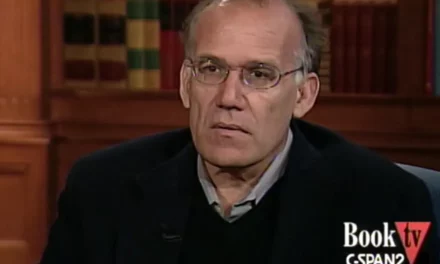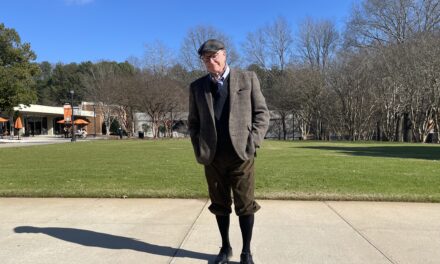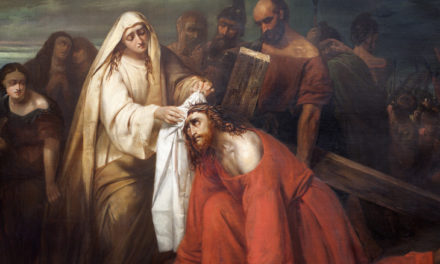In spite of habitually slow sales, in comparison to pop music, recordings of classical music continue to be released by the dozens each month, and some of them equal or supercede the best recordings of the past. Examples from this list are Brabbins’ performance of Vaughan Williams 2nd Symphony and Thierry Fischer’s 8th Symphony of Gustav Mahler.
There’s new music, too, well worth hearing, such as Stephen Edwards much-lauded “Requiem for My Mother” which will warm the heart of anyone who loves those by Faure and Durufle. Though it’s not strictly new, the American works for piano performed by Laura Downes are deeply satisfying and suggest there must be more from that well to tap.
Beethoven symphonies played on the piano may not appeal to you at first glance, but if you listen to the first few minutes of these Lizst transcriptions you won’t stop. As far as I am concerned there can’t be enough recordings of the film scores of Miklos Rozsa, especially when they sweep the field before them as Nic Raine has done with his recent “Ben-Hur.”
I always come back to Haydn, even before Mozart, but I’m not going to argue the case — I am immediately drawn in to his sound world, so full of emotion, of dancing and weeping, and the conductor Giovanni Antonini is afraid of neither. Finally, the All Night Vigil of Rachmaninov belongs to the pantheon of great sacred music and the recording by Gloriae Dei Cantores catches the sacred in this sacred music.
Stephen Edwards, Requiem for My Mother
Film composer Stephen Edwards has written and recorded a remarkable Requiem for My Mother that will eventually make its way into the repertory of sacred music regularly performed in churches and concert halls. His Requiem is quite beautiful, radiant in many places, majestic and fiercely resolute in others, a remarkable tribute to his mother, Rosalie, as well as to all mothers. The opening Requiem aeternum is masterful, with the statement of a beautiful and memorable main theme which becomes the foundation for the work as a whole. Edwards has written a work that will be performed for many years to come. I predict his “Requiem for My Mother” will catch on quickly among those who know and love sacred music but find a much larger audience. What Edwards has composed will become contemporary Requiem of choice to those who seek beauty first.
Ralph Vaughan Williams, 2nd Symphony, “London.”
Ralph Vaughan Williams’ 2nd Symphony, the “London,” has been recorded many times quite successfully, but Martyn Brabbins new recording of the “1920 Version” has an exceptional emotional force — this disc has the sense of occasion usually missing from even very good performances. The famed Lento movement has never sounded more expressively tender. This marks the beginning of an entire Vaughan Williams symphony cycle for Brabbins and Hyperion, and if future recordings remain at the level it will challenge all the previous best, such as Previn, Handley, Boult’s EMI version, and Haitnik.
Lara Downes, American Again (American piano works)
Lara Downes pianism in American Again will both melt your heart and make foot start tapping with delight. Downes has collected an unusual assortment of American piano pieces, from arrangements of familiar folk tunes such as “Shenandoah,” “Over the Rainbow,” and “Blue Skies” to lesser known works by composers such as Morton Gould, Leonard Bernstein, Coleridge-Taylor, Ernst Bloch, Duke Ellington, Roy Harris, Aaron Copland, and Howard Hanson. There’s not a dud among them. The Coleridge-Taylor arrangement of the spiritual “Deep River” is especially moving. The sound is state-of-the-art.
Miklos Rozsa, Film Music for Ben-Hur
A great Christmas gift for any music lover: Nic Raine’s new recording of the Miklos Rozsa soundtrack for “Ben-Hur.” This re-recording surpasses any other in both performance and sound quality. Order from Tadlow Music in the UK and your discs will arrive in about a week on your doorstep. I just finished listening and am swept away…..The City of Prague Symphony Orchestra has a wonderful set of players and the soloists are superb. The choir knocks it out of the park.
Beethoven, 6th and 9th Symphonies (transcribed for piano by Franz Lizst)
Yury Martynov has recorded all the the Lizst transcriptions of the Beethoven symphonies, and all of them are worth hearing — not only are they delightful to hear for themselves but also afford an opportunity to learn more about their structural development. You can start with his recording of the 9th Symphony and you will be surprised by how lively and fulsome the final movement, “Ode to Joy,” comes across in Lizst’s piano version. His 6th Symphony, the “Pastoral,” is just as irresistable.
Gustav Mahler, 8th Symphony, “Symphony of a Thousand.”
Mahler 8th Symphony, conducted by Thierry Fischer, Utah Symphony, Mormon Tabernacle Choir, and soloists, is exceptional, among the best 8ths I’ve ever heard, and I’ve heard most of them. The soloists are first class, especially the tenor, Barry Banks, meeting all the challenges of the score. One expects the MTC to be great but here they surpass themselves, heaped greatly by the RR engineers. Thierry Fischer has a marvelous feel for Mahler and delivers at every step of the way. The finale is appropriately overwhelming, but few recordings actually pack the kind of punch the composer imagined. Repeated hearings may lead to me to say this is the best of all.
Haydn, Symphonies 60, 70 & 12; Cimarosa, Il maestro di cappella
Some recordings of familiar music are just that, familiar, but this one immediately grabs you and won’t go — it get to the heart of Haydn’s greatness as symphonic composer, his evidently inexhaustible invention allied with master craftmanship, and the ability to capture the tonality of all human emotions. Giovanni Antonini conducts Il Giardino Armonico in the Haydn, Symphony 60, “Il Distratto” in C major; Symphony 70 in D major; Symph0ny 12 in B major; and Cimarosa, Il maestro di cappella (Orch. M. Brolli).
Rachmaninov, All Night Vigil, Op. 37
The Gloriae Dei Cantores deliver a spectacular new recording of Rachmaninov’s “All Night Vigil” (1915), augmented by two Russian orthodox choirs and two opera singers from the Kiev Opera. As stated in the 52-page booklet accompanying the CD, the conductor Peter Jermihov was determined to perform the Vigil in order to fully express its Christian intent and meaning. The result is a overwhelmingly beautiful and moving liturgy sung on the Saturday before the Resurrection. Music critics have praised it as “one of the very best recordings this work has received,” and I agree. This is deeply-felt sacred music written when Rachmaninov was in his prime, having already published his 2nd Symphony.














